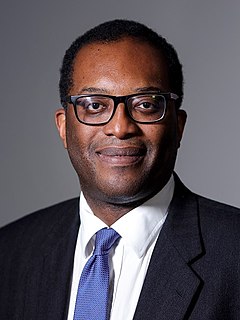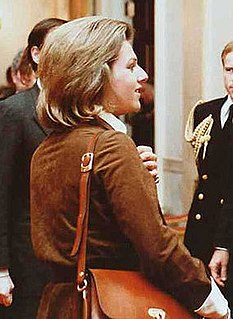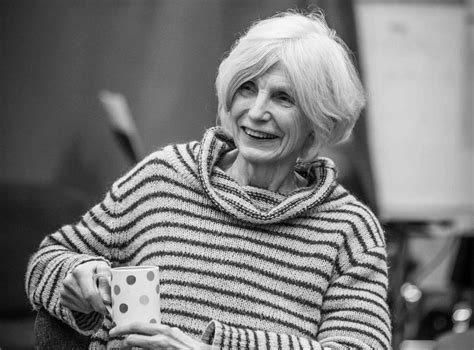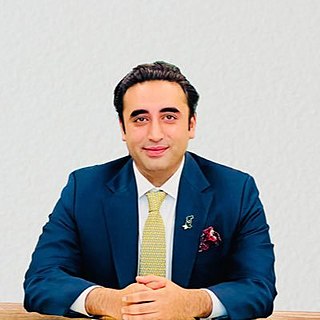A Quote by Kwasi Kwarteng
Mrs Thatcher not only made history by becoming Britain's first female prime minister, she was the first woman to hold any comparable position in the western world.
Related Quotes
I have an ambivalent relationship with Margaret Thatcher. She came to power in May 1979 - a month before my 11th birthday. I was far too young to have developed a great deal of political awareness. I remember it, though - my mother excited at the dinner table because Britain had its first female prime minister.
We have a number of very powerful women in the world now - Mrs. [Angela] Merkel, who the Germans call Mutti. What did we call Mrs. [Margaret] Thatcher? When she was minister of education, she stopped the children's free school milk. This may sound quaint, but after the war we were such a malnourished nation that part of the founding of the welfare state were public health initiatives. Every little schoolchild got milk. Mrs. Thatcher stopped it. They called her "Maggie Thatcher, milk snatcher."
The flat tax I got on my first meeting with Margaret Thatcher, who I admired very much and who was a great admirer of Milton Friedman. I met her first when I had been prime minister I think for some months and so on, and when I told her what I am planning to do, she looked at me with these big eyes and said: "You are one brave young man." And then a little bit introduced me on the realities of the Western world on which I was not very well informed. But I didn't stop.
There are some issues where ministers should come and talk to the prime minister, if the prime minister hasn't already talked to them. Any issue which a minister thinks is going to be profoundly controversial, where we do not have a clear existing position, it is important that there be a conversation between the minister and the prime minister. I think they all understand that and I think it is working very well.
Prime ministers come and go, but so long as he or she lives, the sovereign remains, receiving and reading all state papers and meeting once a week with the prime minister to advise, enquire, and comment - sometimes sharply, as was the case with Queen Elizabeth II and Mrs. Thatcher - on affairs of state.






























